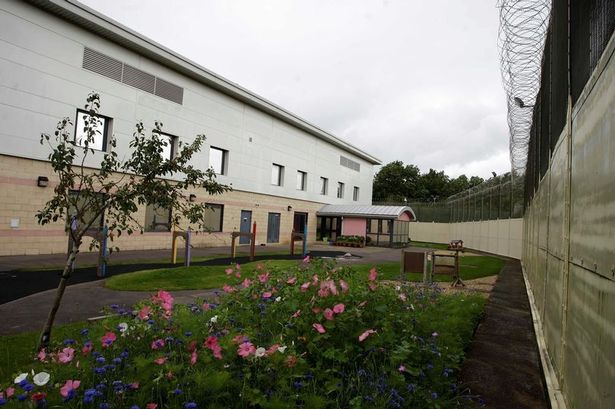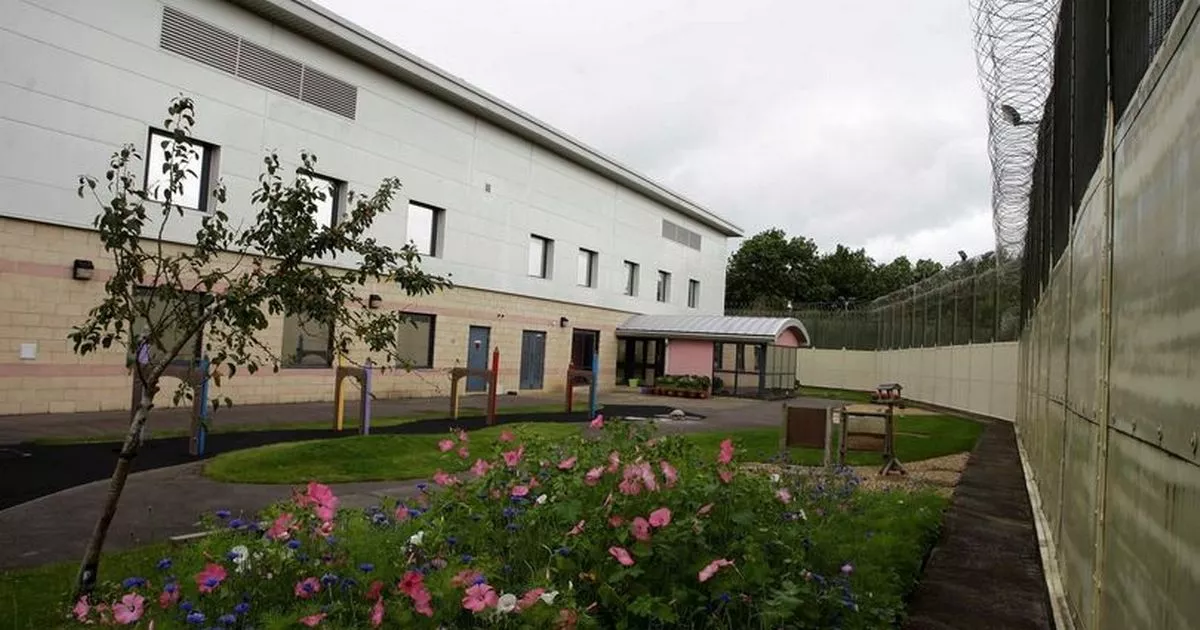But the overall situation for inmates has improved in the last three years HMP Eastwood Park in South Gloucestershire(Image: Western Daily Press)
HMP Eastwood Park in South Gloucestershire(Image: Western Daily Press)
HMP Eastwood Park has the worst rate of violence against staff of any women’s prison in the country, a new report has found. Officials visited the prison in South Gloucestershire for a surprise inspection in June and July, with attacks on staff raised as one area of concern.
The report from His Majesty’s Inspectorate of Prisons (HMIP) also found the rate of self-harm among prisoners was “extremely high”, and that women with severe mental health issues were being kept in prison rather than being sent to secure hospitals.
Nonetheless, the report said conditions in the Wotton-under-Edge prison had improved since a previous inspection in 2022. In particular, inspectors said the situation in house block 4, which a previous official said was one of the worst units he’d ever seen, was considerably better than it had been three years ago.
“Levels of self-harm, violence and use of force were still some of the highest in the women’s estate,” the report said. “The rate of assaults against staff were the highest of all women’s prisons and often occurred during restraints when staff used force to prevent self-harm.
“However, there were now much better standards of care than we found at our 2022 inspection or at our recent thematic visit.” The report later noted that “the rate of assaults on staff was the highest in the female estate but around half took place during the use of force, often when the prisoner was experiencing a mental health crisis”.
It continued: “Leaders had taken some steps to reduce violence including a reasonable range of interventions…All violent incidents were investigated promptly but plans for perpetrators were not individualised and did not always include the interventions that were available. Support for victims was limited, but peer workers visited women after an incident to check on their welfare.”
The prison’s management was also praised for the success of a programme to support women in their early days in the prison. Prisoners withdrawing from drugs or alcohol at the time of their incarceration also received specialist round-the-clock medical supervision, and the overall support for women suffering from addiction problems in the prison was also highlighted as a positive.
At the time of the inspection, Eastwood Park held 360 women from a wide catchment area across England and South Wales. Of the 1,493 women to have arrived at the prison during the 12 months prior to the inspection, about 800 had a history of self-harm, according to the report.
Inspectors identified 11 areas of concern, five of which it said were a priority – including the rate of self-harm. Other priority areas the report said the prison’s leadership needed to improve on were providing more activity spaces and resettlement support for women, and making sure prisoners were not kept locked in their cells for unduly long periods while segregated inmates were moved around the prison.
In a damning indictment on the availability of mental health services in the community, the report also found many severely mentally unwell women were sent to prison rather than to other facilities. Outside of the priority areas, some key concerns highlighted in the report included the fact there was too little done to promote positive behaviour in the prison, and a lack of support for disabled or older women.
Furthermore, healthcare for Welsh inmates was often delayed because of issues accessing their medical records. About a third of the prison’s inmates were from Wales at the time of the inspection.
MoJ ‘investing in specialist training’
A Ministry of Justice spokesperson said the issues of self-harm and violence at the prison were taken “extremely seriously”. “Self-harm and violence against staff are taken extremely seriously, which is why we are investing in specialist training, recruiting more psychologists, and strengthening support for women at risk at HMP Eastwood Park,” the spokesperson said.
The government launched a scheme known as the Women’s Justice Board in January this year. The advisory body, whose membership includes Criminal justice philanthropist Lady Edwina Grosvenor, former prison governor and Chief Executive of the Prison Reform Trust, Pia Sinha, and former Victims Commissioner Dame Vera Baird, meets four times a year with the goal of reducing the number of women who are sent to prison in the first place.
“The prison system this government inherited is not working for most women,” the MoJ spokesperson continued. “That’s why we established the Women’s Justice Board to advise on reducing the number of female prisoners.”
